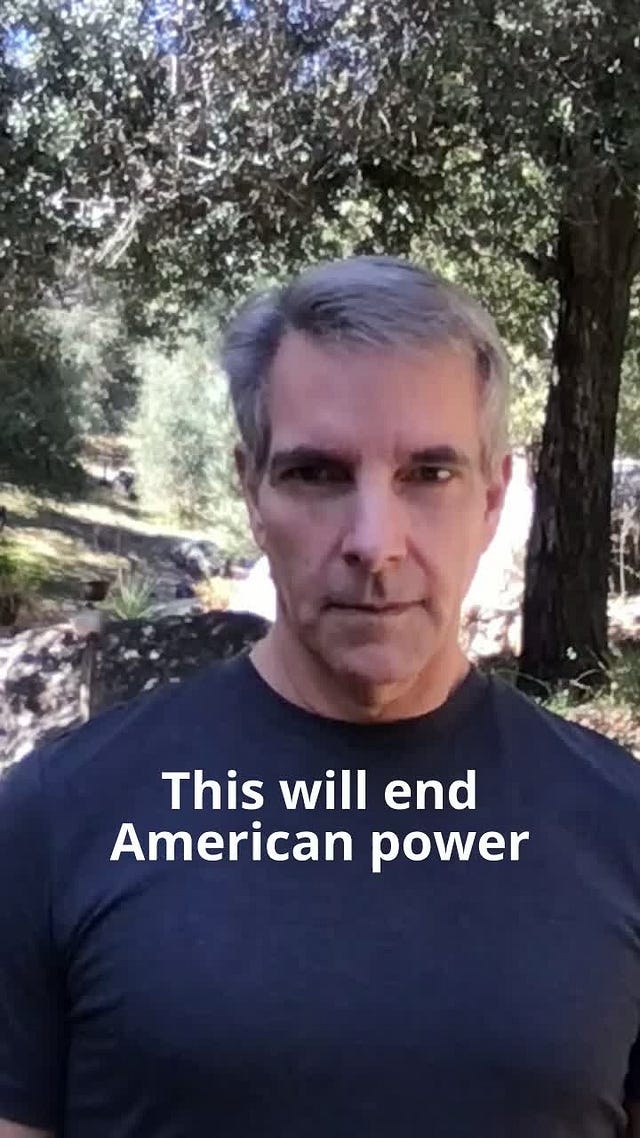Today's Briefing: Short Wins, Long Costs
A cultural analysis of time orientation and the hidden cost of short-term thinking.

US Consumer Confidence Slips, Nike’s Sales Dip, and Fashion’s Sustainability Goals Face Setbacks.
These stories are more than just business trends, consumer mood, and regulatory shifts.
This is what everyone misses—it’s not just about economic policy or corporate strategy.
It’s about how societies value time. Do we prioritize immediate results, or are we willing to wait for a bigger, more sustainable payoff?
The Cultural Connection
Cultures divide along a critical axis:
Short-term orientation favors quick wins, rapid returns, and immediate rewards—even if the future becomes uncertain.
Long-term orientation values patience, resilience, and investing now to secure success later.
Which system works best? Should companies, governments, and consumers prioritize the present—or invest in the future?
It all depends on your cultural perspective.
The News
Nike’s ‘Win Now’ Strategy Leads to a Sales Dip
Nike recently shifted away from timeless styles and focused on high-performance, sport-specific products. The result? A 9% drop in year-over-year sales and a noticeable dip in stock value.
US Consumer Confidence Slips Amid Policy Anxiety
The Conference Board’s Expectations Index—which measures short-term consumer outlook—fell sharply. The drop reflects public concern over trade disputes, inflation, and job security.
EPA Deregulation Threatens Fashion’s Sustainability Goals
Recent environmental rollbacks by the U.S. Environmental Protection Agency have weakened regulations affecting fashion industry practices.
Why This Matters
In short-term cultures, there is a strong emphasis on immediate gains—quick market shifts, policy reversals, and economic flexibility are seen as tools to stay competitive. However, this approach can destabilize consumer trust, weaken brand loyalty, and undermine long-term planning.
In contrast, long-term cultures prioritize consistency, legacy, and sustainable growth.
Consumers value stability, and businesses must align with broader environmental and economic strategies. When classic products are abandoned or clean technology investments are reversed, it is not just a policy shift—it signals a break in trust. It disrupts the cultural expectation of long-term resilience.
Short-term orientation delivers quick feedback and visible results but at the cost of deeper instability. Long-term orientation demands patience but builds lasting systems.
Are we building for now or planning for what comes next?
It all depends on your cultural perspective.
TikTok Today
Musk upsets Ireland and the end of American power





